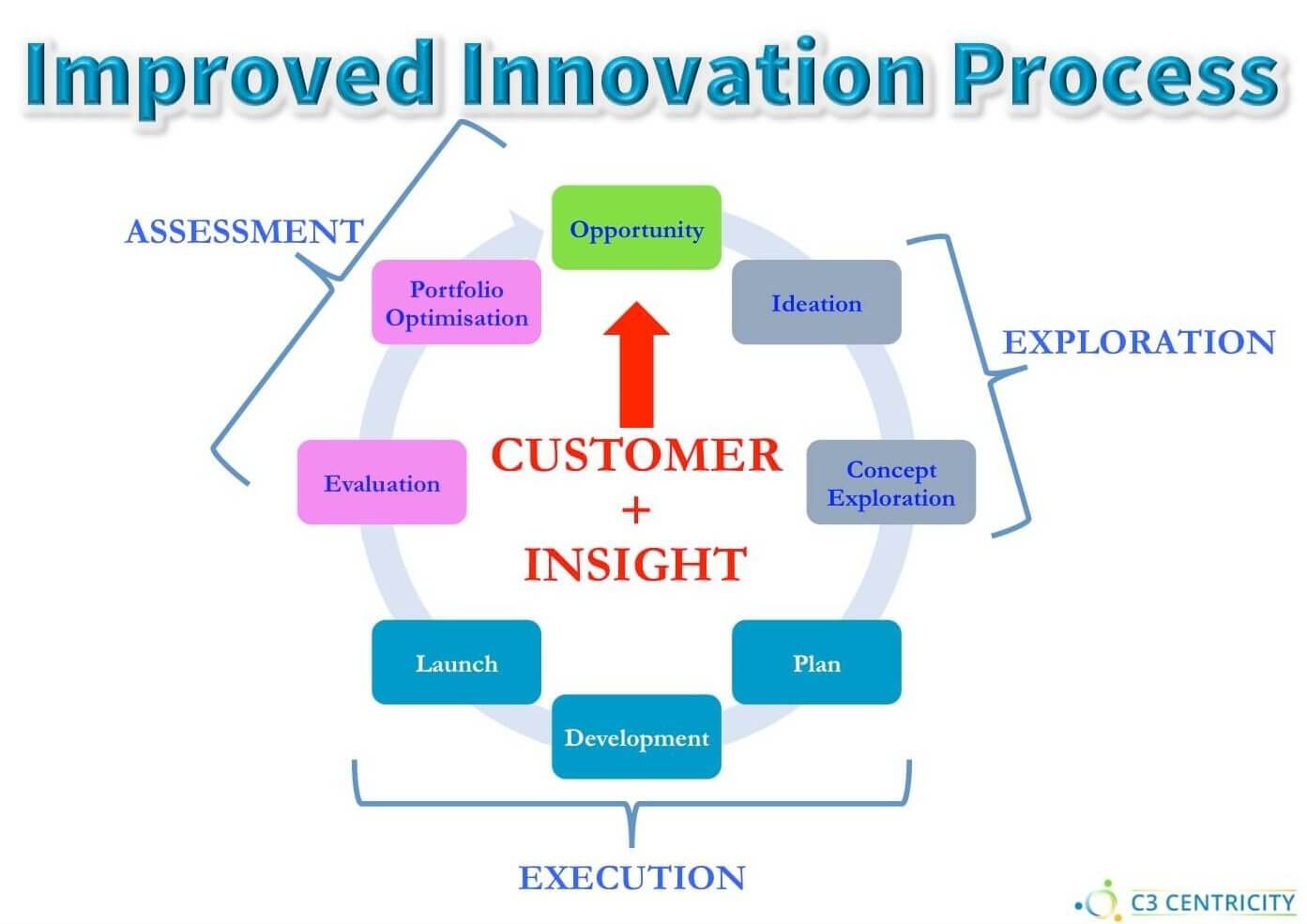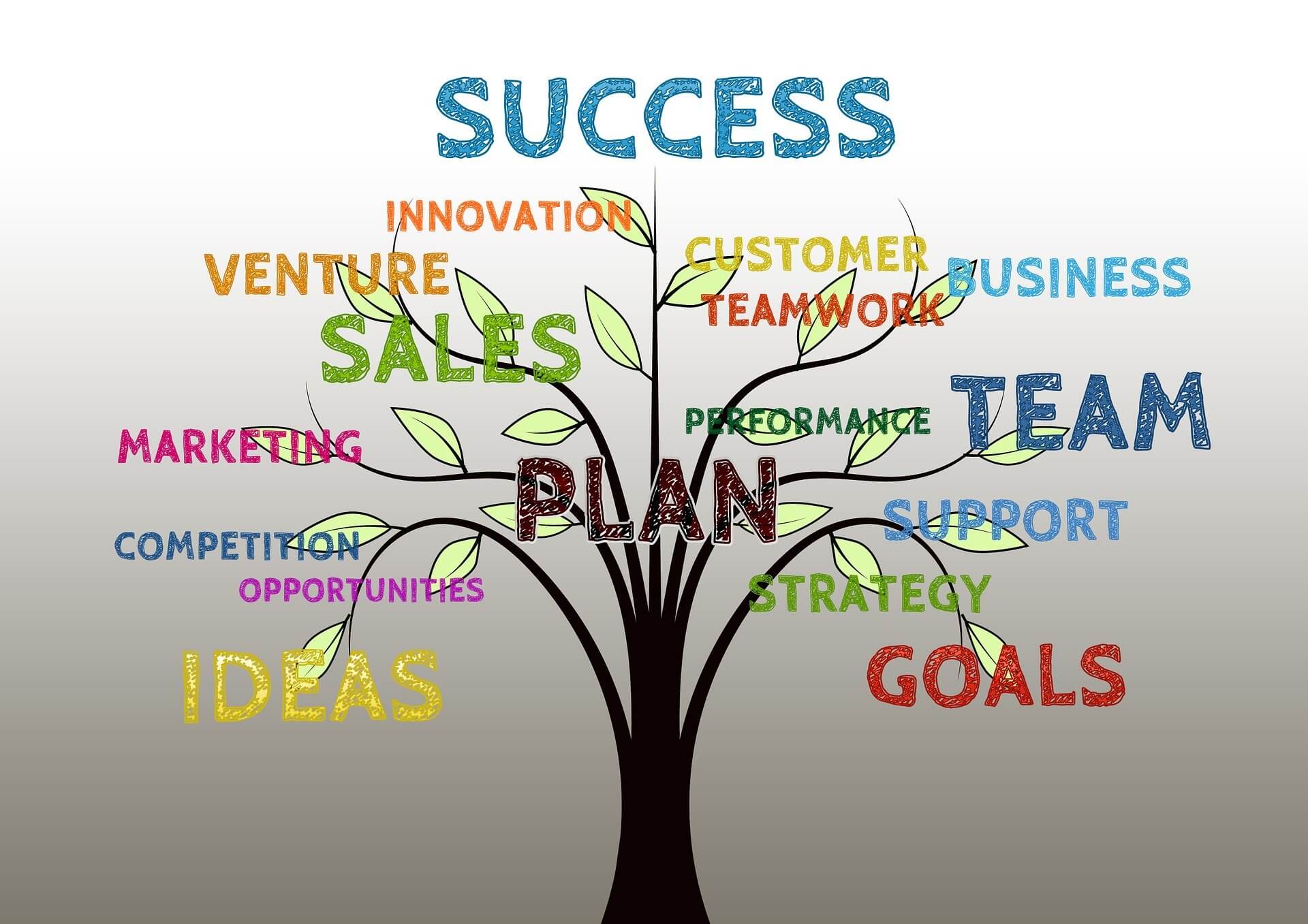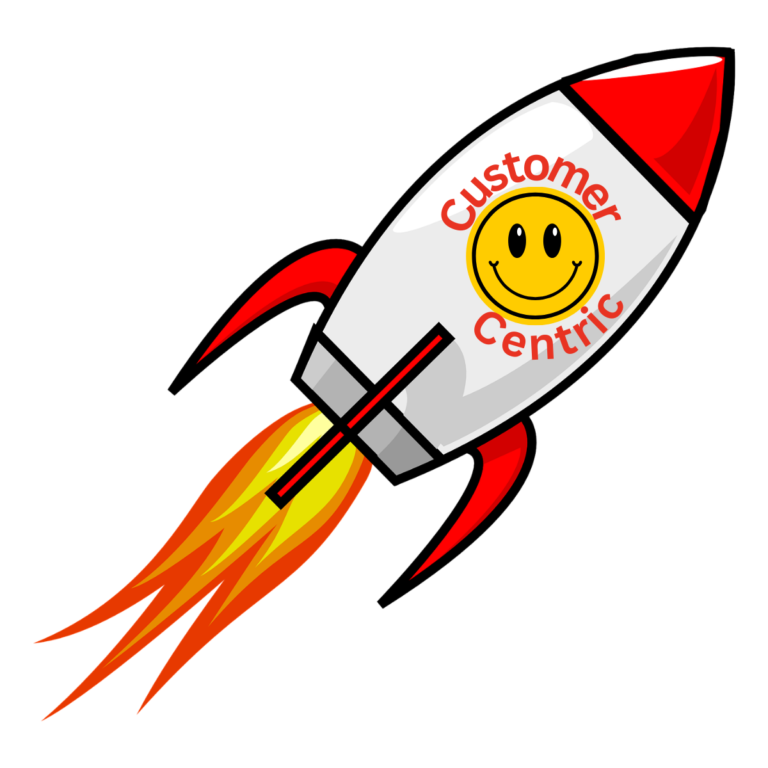We all want to succeed, don’t we? Succeed in business and to succeed in our private lives as well.
I was recently reminded of a famous and inspiring quote from Winston Churchill’s address to Harrow School in the UK back in 1941. It was certainly one of his shortest speeches, but probably also one of his most quoted. He said:
“Never give in, never, never, never, never”
You can read his full speech – which is not much longer! – here.
Hearing this quote got me thinking about failure. Failure in our lives, our businesses, our jobs, our relationships. And more importantly, about how we often fail merely because we give up too quickly. Unfortunately, we’ll never know, but we can do something to avoid failure. We can do a lot!
Now whereas I believe that advising you on your private life is best left to my other platform https://finding-your-happy.com, I do feel sufficiently knowledgeable to speak about your business failures here.
I recently wrote about the 7 reasons most companies fail to adopt a customer-first strategy. They were the conclusion to a post on what a customer-first strategy is, and what it isn’t. If you missed it, then click the link above to read the full article.
If you want to learn more about how to adopt a customer-first strategy, then I’m sure you’ll be interested in checking out my new course called “A Customer-First Strategy for Accelerating Brand Growth.” It is a success roadmap for putting your customers at the heart of your business for faster growth & profitability.
Over the many years of blog posting, I’ve written many posts on numerous topics, including my solutions to failing in countless areas of marketing. I therefore thought it would be useful to share four summaries of the most important articles related to failure in business and innovation in a single post. Let me know what you think.
How you React to Failure Could Help You Succeed in Business
 For this first summary of a post, I’d like to share not a list of solutions but a selection of inspiring quotes on reacting to failure. I think it sets the stage beautifully for the three other summaries to come.
For this first summary of a post, I’d like to share not a list of solutions but a selection of inspiring quotes on reacting to failure. I think it sets the stage beautifully for the three other summaries to come.
In the full post (which you can read by clicking the above link) you can also find suggested actions for each of them. They will make you realise that there is great opportunity in every failure! So don’t be afraid to fail. Just don’t miss the chance to learn a valuable lesson!
1. “It’s fine to celebrate success but it is more important to heed the lessons of failure” Bill Gates, American Businessman
2. “Failure is not fatal, but failure to change might be” John Wooden, American Coach
3. “By failing to prepare, you are preparing to fail” Benjamin Franklin, American Politician
4. “Failure is simply the opportunity to begin again, this time more intelligently” Henry Ford, American Businessman
5. “The difference between average people and achieving people is their perception of and response to failure” John C. Maxwell, American Clergyman
6. “Failure doesn’t mean you are a failure it just means you haven’t succeeded yet” Robert H. Schuller, American Clergyman
7. “Enjoy failure and learn from it. You can never learn from success” Sir James Dyson, British Designer
8. “Fear of failure must never be a reason not to try something” Frederick W. Smith, American Businessman
9. “The greatest glory in living lies not in never falling, but in rising every time we fall” Nelson Mandela, South African Statesman
10. “Failure seldom stops you. What stops you is the fear of failure” Jack Lemmon, American Actor
They say that pride comes before a fall; I say success follows failure! I wish you much success in failing fast, and learning faster, so you can enjoy more success!
How to Innovate Successfully (What You’re Still Getting Wrong!)
This post mentions the ten reasons innovation fails and then shares ideas on finding a solution to each of them. That is what I share in the summary below.
 #1 The process: Introduce some creativity into the process. Use a virtuous circle (as shown above) rather than the usual linear or funnel approach. All innovation processes should start with a deep understanding of the potential customer segment and then insight development.
#1 The process: Introduce some creativity into the process. Use a virtuous circle (as shown above) rather than the usual linear or funnel approach. All innovation processes should start with a deep understanding of the potential customer segment and then insight development.
#2 Meeting company quotas: Instead of company quotas on the number or proportion of new product launches, a better target is a percentage of sales. This should eliminate all but the very best ideas, which are expected to increase sales rather than merely replace current products.
#3 Lack of customer understanding: The best way to innovate successfully is to start by looking at the target customer’s lifestyle and seeing how you can make it easier and more enjoyable for them. Watching and listening to your customers with an open mind, rather than with a hypothesis in your head, will enable you to identify pain points the customer may even be unaware of.
#4 Lack of category understanding: Never assume you are competing in a certain category until you have identified how your customers are choosing and what they are currently using. You might be surprised to learn that your competitors are not those you thought they were!
#5 Not living up to your promises: In today’s connected world, false or exaggerated promises are quickly identified and shared on social media. Nothing is every hidden for long these days, so if you make a mistake, admit it, own it, correct it and move on. It will be forgotten or forgiven quicker than if it becomes a scandal.
#6 Not being sufficiently differentiated: With such an abundance of information available to everyone, comparisons are easy to make. Solution based offers will always be able to charge more than product based ones. It’s up to you to decide which you want to be.
#7 Being too different: Identifying a sub-category of users with a precise need and then meeting that need better than anyone else is the more successful way to differentiate.
#8 Pricing yourself out of the market: Understanding how much potential customers value your offer is essential to the success of any product or service.
#9 Inappropriate distribution: Appropriate distribution doesn’t mean being in stock everywhere at the lowest price. But it does mean being in the retail outlets that your target customers visit more often.
#10 Being too far ahead of the customer: If you can’t afford to wait for your customers to catch up with your new product or service idea, then you should certainly reconsider your launch decision. Keep the concept in your “back drawer” until customers are ready. You will then be the first to respond to these new needs and beat the competition to market with the correct solution.
The full article goes into more detail on each of these solutions of course. So if any of them resonate with you, it’s worth checking out the full post.
You must innovate to stay in the game, but that doesn’t mean launching anything just to meet the company’s innovation targets. Launch bigger, bolder and better, as one of my bosses used to say. And never give up on learning the lessons that each failure brings!
What Great Leaders Know and You Probably Don’t

This post summarises my easily applied learnings that will make your leadership style more efficient and effective, no matter the industry in which you work.
1. We should never stop learning. As we age and rise in the corporate world, we seem to forget that we don’t know it all! We even think that we should have all the answers, or worse still, think that we do!
2. We should accept help. Some people find it hard to ask for help or even to accept it when it is offered. This is foolish, since we cannot be an expert in every area of business. In fact if we lead a team, whether just a few people or many thousands, we should be good at managing people first.
3. Practice really does make perfect. It’s not only perfectionists that think they’re never good enough. We should always strive to be the best we can be. We should never compare ourselves to others, only to our previous selves.
4. That final check is worth it. When I was learning to fly, my instructor never stopped reminding me that the pre-flight checks were vital to do thoroughly. He reminded me that once you’re in the air, it’s too late! The same goes for meetings, events and conferences once they’ve started. Make and use checklists, like pilots do, and complete that final check thoroughly and completely.
5. Accept defeat and mistakes. We all make mistakes sometimes and get defeated occasionally. We’re human after all. However, those mistakes and defeats are great teachers. If we learn and grow from them, then the pain involved should be short-lived, as we move on to bigger and better things.
6. Honesty is always the best policy. Somehow honesty is rarely discussed these days and yet we all know that trust is one of the main reasons people do business with companies. Trust built over the long term will enable companies to be forgiven for any occasional mishap that may occur.
7. Business isn’t only about millenials. Everyone is speaking about the Millenials these days. While Millenials may be trendy, there are other groups which are arguably just as important to consider for a successful business. For example, there are now more Baby Boomers that Millenials in the US!
Great leaders are aware of these seven points, are you? If not, then read the full article for further details. Leaders don’t know it all but they do know how to learn from failure. Never give up on your plans, just adapt them when needed.
How the Best Marketers are getting Deeper Insights

Be honest! Everyone struggles to develop true insights about their customers. Most times we accept summary information or facts about the marketplace and call them insights. But we should all know and accept that insight development is difficult. So hard to get to that “aha” moment, when what we have articulated about our customers is so obvious that we can’t understand how we – or anyone else for that matter – never realised it before!
If you are struggling to develop insights that truly resonate with your customer, clients or consumers, I suggest you follow these 8 tips.
#1. Turn business objectives into customer-centric ones. Identify what you want to change in terms of your customers’ behaviour or attitudes. This way you will be thinking about your customers’ objectives rather than (just) your own.
#2. Insight generation should start with customer connections. When was the last time you personally spoke with your customers? If it wasn’t in the last week, you’re not getting out enough!
#3. Have regular contact with all other departments. It is impossible to really understand the business if your contact with other groups is limited to meetings and presentations. Make a habit of taking a coffee or lunch with people from other spheres of the company and share your latest ideas and learnings. You will both discover a lot!
#4. Get MRI (Market Research & Insight) to share their nuggets of information regularly. Market research and insight teams learn new things about the business every day, so why not ask them to share more? Don’t wait for a formal presentation of the results of the latest piece of research. Get them to share findings and analyses with you on a regular, (at least) monthly basis.
#5. Get into the habit of speaking with consumers at every chance you can. Suggest to join in when research projects are being run. Listen in to call centre conversations, speak to demonstrators and merchandisers, or even talk to shoppers at retail.
#6. Ask MRI to analyse more than market research information alone. They are the best synthesisers you have and can manage multiple data sets from all available sources. Ask them to integrate more information and you will both be happier.
#7. Remember that insight development takes energy and time. It usually takes days, if not weeks or even months to refine, group and synthesise information down to an actionable insight.
#8. Insight development should involve more than the marketing, market research and insight teams, which is why it is so important for them to build relationships with other departments.
Following these 8 ideas will make your business one of the most successful in insight development. How would that feel? Read the full article HERE. Insight development may be difficult, but it’s not impossible. Never give up!
These are just a few ideas and processes for avoiding failure or even more importantly, learning (a lot) from them. Whether it is in business management, innovation or customer understanding, you can learn from the best, so you don’t have to make the same mistakes they made.
Have some personal stories of great learnings you’d like to share? Then please comment below.
If you enjoyed this post, then please share with your colleagues and peers. Thank you.
If you would like to improve even faster in any areas of learning – from failure, but that’s not mandatory! – you can invite me to give a talk or 1-Day training that will catalyse your team in record time. Download the summary brochure of all our current offers HERE.







